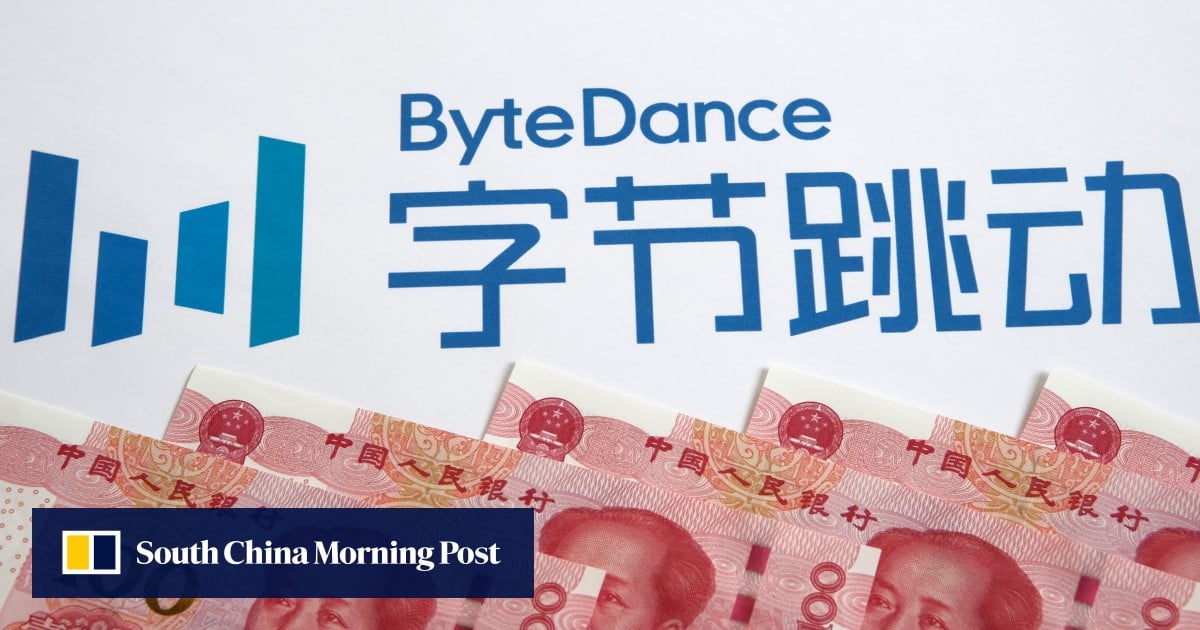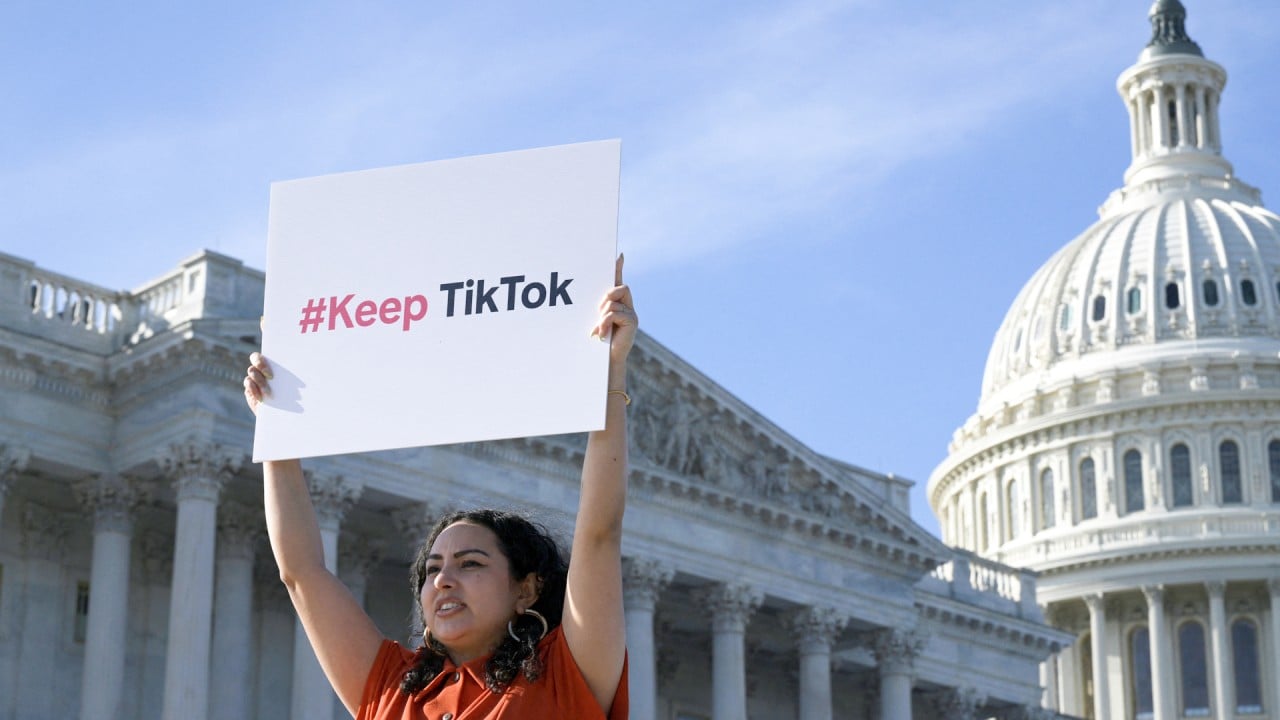
10 Apr ByteDance profit jumps 60% to US$40 billion, taking TikTok’s owner past arch-rival Tencent
Earnings before interest, tax, depreciation and amortisation jumped to more than US$40 billion from about US$25 billion in 2022, according to people familiar with the matter, who asked not to be named discussing private information. The world’s most valuable start-up also grew sales to nearly US$120 billion from US$80 billion, the people said.
The results mark the first time that ByteDance has overtaken arch-rival Tencent both in revenue and profit as it leveraged its popular short-video platforms to expand into international e-commerce. While ByteDance’s internal figures have not been independently audited, they suggest the ad-churning social media juggernaut became one of the world’s fastest-growing tech giants in 2023.
A ByteDance spokesperson did not respond to a request for comment.
The owner of TikTok and Chinese twin Douyin last year cemented its position as one of China’s internet leaders, alongside Tencent and Alibaba, which have both struggled to rekindle growth at a time of economic uncertainty and consumer wariness in the country.
In the domestic market, Douyin is morphing into an all-in-one platform akin to Tencent’s WeChat, with its added features encroaching on Alibaba’s e-commerce turf and competing with Meituan for food delivery orders.
ByteDance values its shares higher in latest buy-back offer for staff
ByteDance values its shares higher in latest buy-back offer for staff
Even with the strong results, ByteDance decided to overhaul management of its China operations in February, with Kelly Zhang stepping down from the chief executive role without plans for appointing a successor.
The successful roll-out of TikTok Shop in markets like the US and Southeast Asia have unlocked new revenue sources beyond digital marketing. TikTok is seeking to grow the size of its e-commerce business tenfold this year in the US, where it has 170 million users.
That is despite TikTok’s existential crisis in its most lucrative market. In March, the US House of Representatives passed a bill to ban TikTok in the US unless ByteDance sells its prized asset, though the measure faces a less certain outcome in the Senate. The presidential rematch between Joe Biden and Donald Trump later in the year, along with Beijing’s response, could also complicate matters.
Like its China peers, ByteDance has started to unwind risky bets in recent months. It has cut hundreds of jobs at its gaming development and enterprise software units, which dragged profitability and largely failed to live up to their promises. Instead, the company is trying to catch up on generative AI, building its own chatbots and large language model.
ByteDance’s long-awaited stock market debut remains a distant possibility, as the company grapples with elevated scrutiny in the US. In December, the firm offered to buy back up to US$5 billion in shares from investors at a valuation of US$268 billion. At its peak, ByteDance was valued at more than US$400 billion in some private trading.


